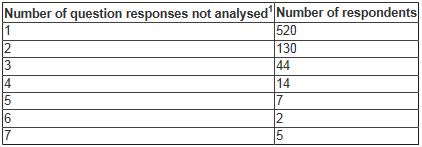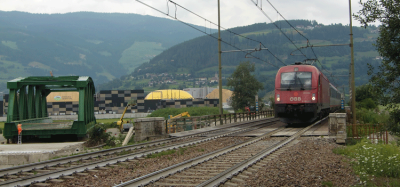High Speed Rail: Phase 1 Consultation Update
Posted: 18 September 2012 | | No comments yet
The decision to take forward proposals for a national high speed rail network followed a major public consultation exercise…


The Parliamentary Under Secretary of State for Transport (Norman Baker): The Government’s decision on 10th January 2012 to take forward proposals for a national high speed rail network followed a major public consultation exercise that attracted around 55,000 responses.
The decision to proceed took account of a range of evidence including analysis by my Department and High Speed Two Ltd of issues raised in consultation as well as comments from a wide variety of interested parties through a range of engagement approaches. The Government’s independent response analysis consultants, Dialogue by Design (DbyD), carried out a detailed analysis of the consultation responses and a summary of their analysis was published alongside the Government’s January decision, with an addendum report published in July:
- High Speed Rail: Investing in Britain’s Future – Consultation Summary Report
- High Speed Rail: Investing in Britain’s Future – Addendum
Since publishing the Addendum report in July, it has become apparent that a further very small proportion of responses were not fully analysed by DbyD. For these responses, the answers to one or more of the seven consultation questions were omitted from DbyD’s analysis. In total, approximately 0.4% of answers provided to individual consultation questions were affected.
The table below shows how many of the seven consultation answers were omitted from the analysis in each case:


The cause has been identified as technical errors in transferring data captured from online consultation responses to the consultation analysis database held by DbyD.
My Department asked for supplementary analysis from DbyD and this work concludes that the responses ‘do not provide any information that was not already included in the previous Consultation Summary Report or would have made a difference to the substantive content or balance of that report’. Inclusion in the original analysis would not have changed the substance of DbyD’s findings, nor affected the considerations which informed the decisions following the consultation.
All those who submitted the responses affected will be contacted with details of their particular cases.
Reference
- Because not all respondents answered all seven questions, there are 20 respondents in total for whom all the questions they answered were omitted.








